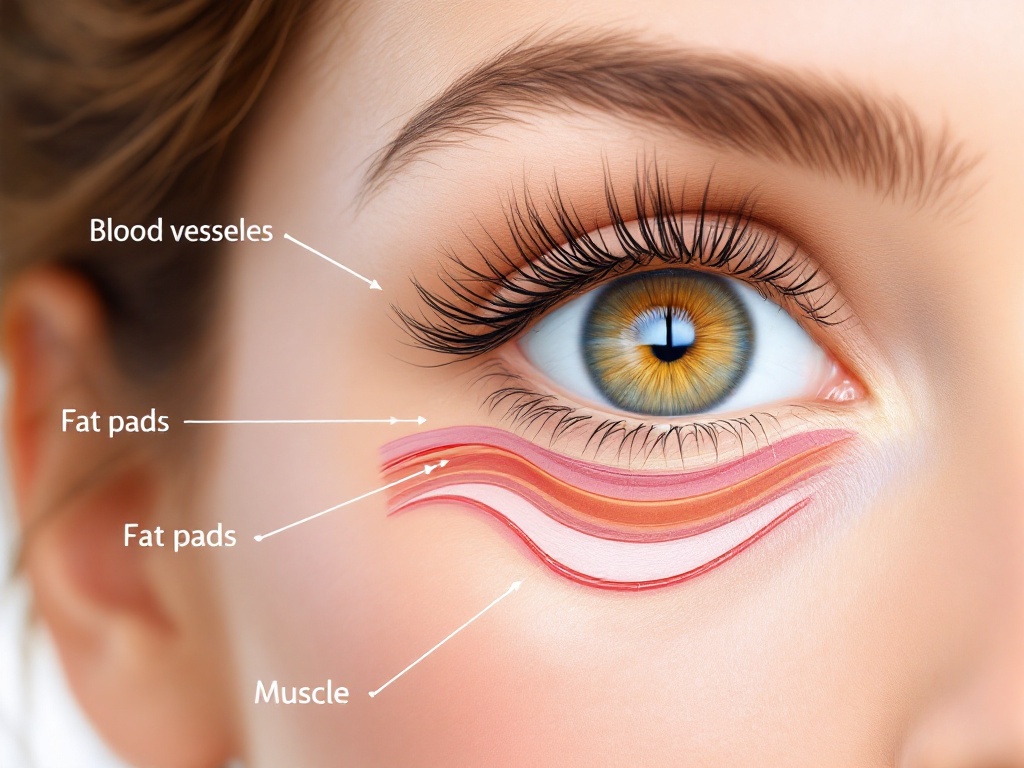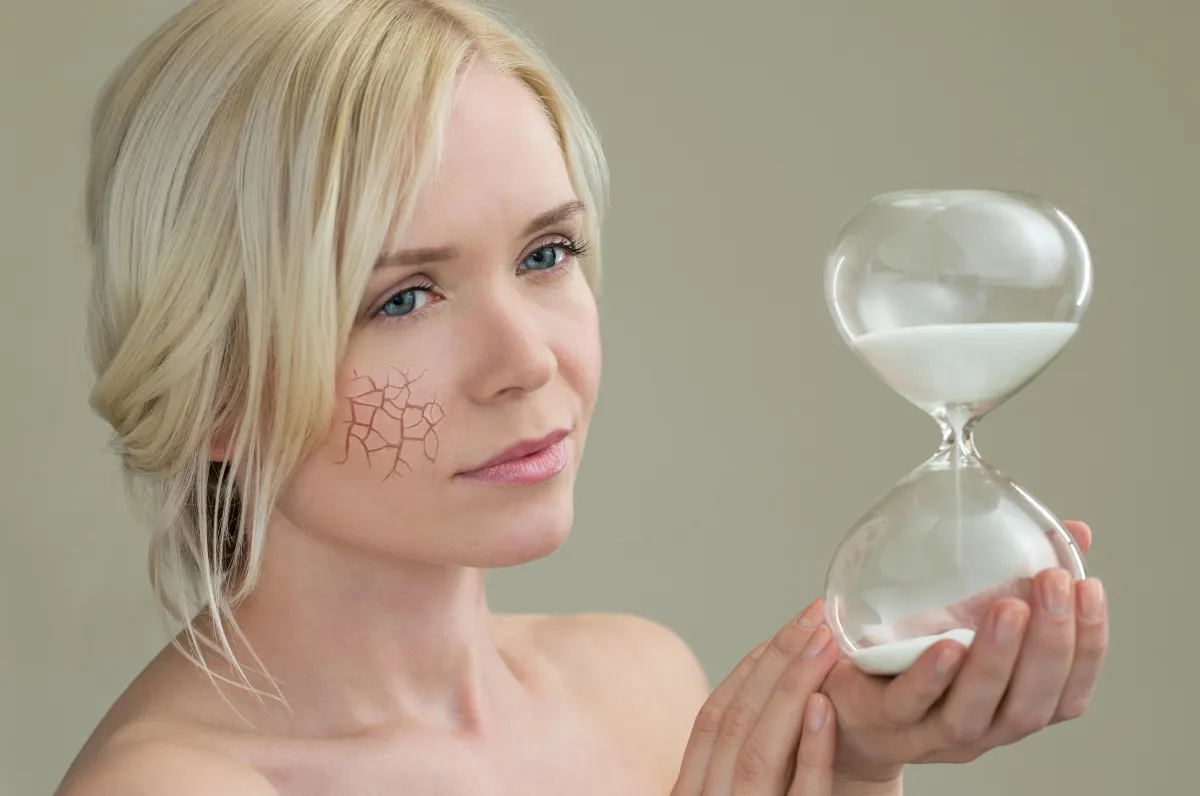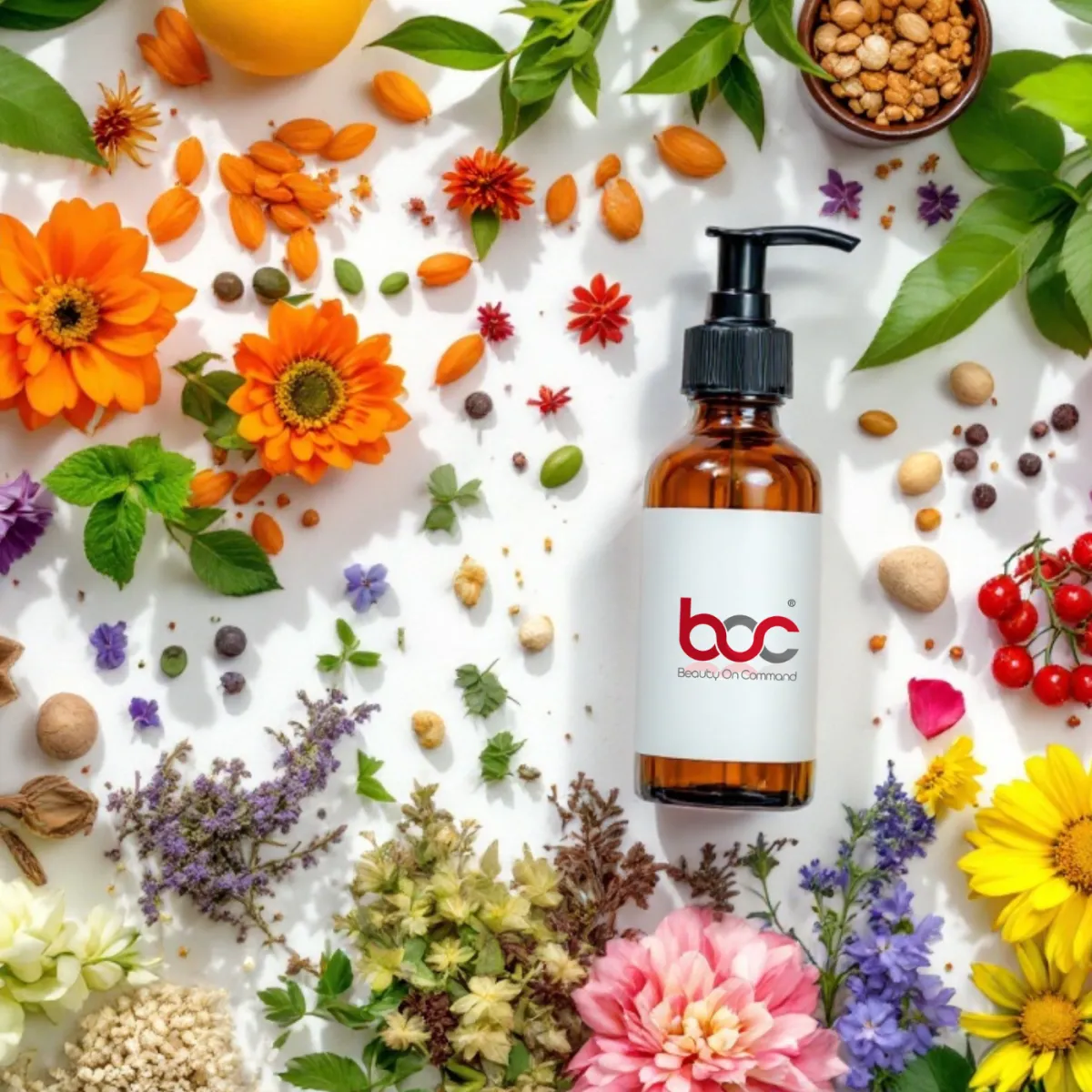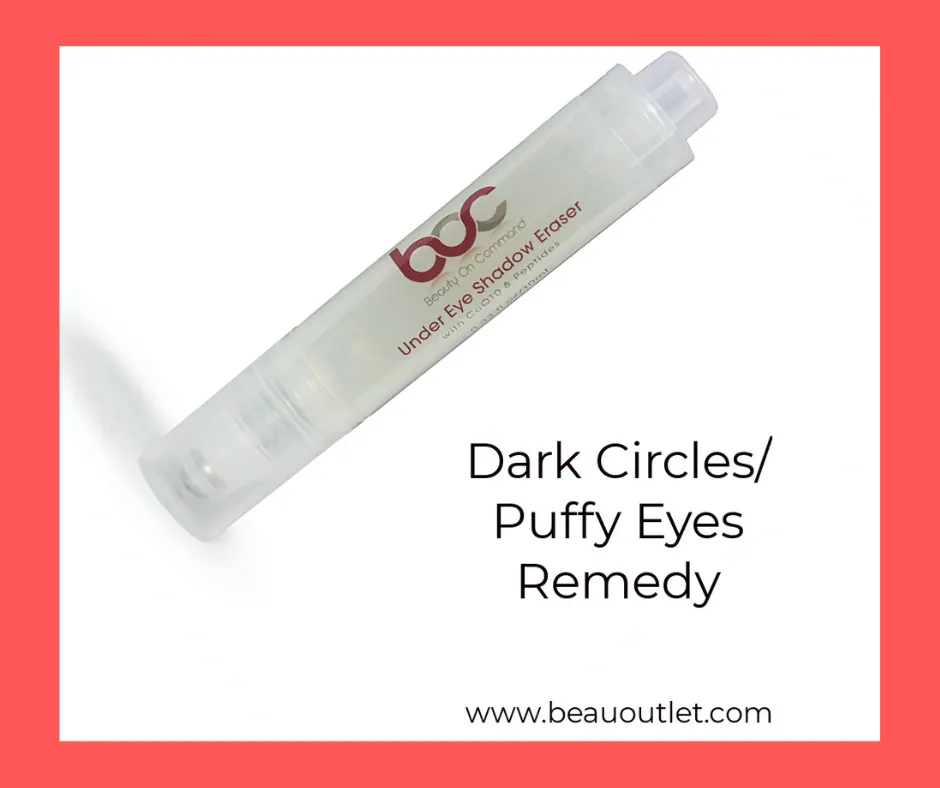Speranzi Facial Spa Verona NJ 973 310 6401
Next time you think of BEAUTIFUL
don't forget to count
yourself in!

Stress and Skin Health: How to Manage Stress for a Clear, Youthful Complexion
The Link Between Stress and Skin: Why Managing Stress is Essential for Clear, Healthy Skin
We all know that stress affects our mood, energy, and overall well-being, but did you know it also has a significant impact on your skin? Stress can trigger a host of skin issues, including breakouts, redness, irritation, and even accelerated skin aging. When you're stressed, your skin becomes more reactive and prone to inflammation, making it more difficult to maintain a balanced, healthy complexion.
The stress hormone cortisol is one of the primary culprits. When cortisol levels rise, it can weaken the skin’s barrier function, leading to dehydration, thinning, and increased sensitivity. It also breaks down collagen, the protein responsible for keeping your skin firm and youthful. Over time, this results in sagging, fine lines, and wrinkles. Additionally, stress-related inflammation can cause or exacerbate conditions like rosacea, eczema, and acne.
So, how do you break this cycle and protect your skin from the damaging effects of stress? Let’s explore some effective stress reduction techniques that not only improve your mental health but also benefit your skin.
How Stress Affects Your Skin: The Science Behind It
When your body experiences stress, it triggers a “fight or flight” response, flooding your system with cortisol and other stress hormones. While this response is helpful in short bursts, chronic stress keeps these hormones elevated, leading to several skin-related issues:
- Increased Redness and Irritation: Stress weakens your skin’s natural barrier, making it more susceptible to irritants, allergens, and pollution. This can cause flare-ups of redness, irritation, and conditions like eczema or rosacea.
- Skin Thinning: Prolonged cortisol exposure leads to the thinning of your skin, making it more fragile and less resilient. Over time, this can cause your skin to lose its plumpness, making wrinkles and fine lines more visible.
- Acne and Breakouts: Stress hormones can increase oil production, leading to clogged pores and more frequent breakouts. You may notice that during stressful times, acne is more likely to appear on your face, especially in areas where you tend to touch your skin.
- Accelerated Aging: High cortisol levels break down collagen and elastin, the proteins responsible for keeping your skin smooth, firm, and youthful. This leads to sagging, the deepening of fine lines, and an overall tired, aged appearance.
Stress Reduction Techniques That Benefit Your Skin
Managing stress is key to maintaining a healthy, vibrant complexion. Here are some simple, effective techniques to help reduce stress and improve your skin's appearance:

1. Mindfulness and Meditation
Mindfulness practices like meditation have been shown to lower cortisol levels and reduce inflammation. Even just 10-15 minutes a day of deep breathing or mindfulness can calm your mind and body, giving your skin a much-needed break from the stress cycle.
- How it helps your skin: By reducing cortisol levels, meditation allows your skin to switch from "fight or flight" to "rest and repair." This encourages collagen production, helps heal damage, and reduces inflammation, which leads to fewer breakouts, redness, and irritation.
2. Exercise
Physical activity is one of the best stress relievers. Exercise increases the production of endorphins, the body's natural mood elevators, and helps lower cortisol levels. Whether it's yoga, a brisk walk, or a workout at the gym, regular exercise keeps your body—and your skin—healthy.
- How it helps your skin: Exercise boosts circulation, delivering more oxygen and nutrients to your skin cells. This increased blood flow helps with cell regeneration and removes toxins, giving you a more radiant, glowing complexion. Plus, exercise-induced sweating helps unclog pores, reducing breakouts.
3. Quality Sleep
Stress often leads to poor sleep, and poor sleep makes stress worse—a vicious cycle. Aim for 7-8 hours of quality sleep each night to allow your body—and your skin—to properly repair itself. During deep sleep, your body releases growth hormones that stimulate skin cell turnover and repair.
- How it helps your skin: When you get enough sleep, your skin has time to regenerate. Sleep-deprived skin often appears dull, with fine lines becoming more noticeable. Proper rest helps restore skin vitality, keeping it plump and youthful.
4. Deep Breathing and Relaxation Techniques
Taking a few minutes throughout the day to focus on your breathing can do wonders for your stress levels. Deep breathing exercises activate your body’s relaxation response, calming your nervous system and lowering cortisol levels.
- How it helps your skin: Deep breathing reduces tension and increases oxygen flow, which helps your skin cells function optimally. Less tension means fewer breakouts and irritations caused by stress-related oil production or inflammation.
5. Face Massage for Relaxation
Incorporating regular face massage into your routine not only helps with circulation and lymphatic drainage but also reduces stress. Massaging areas like the jawline, forehead, and temples can release built-up tension, relaxing both your body and your mind.
- How it helps your skin: Facial massage promotes better blood circulation, which helps with collagen production and skin repair. It also reduces puffiness and gives your skin a healthy glow by enhancing lymphatic drainage and relaxing facial muscles that can cause lines from tension.
The Importance of a Holistic Approach to Stress and Skin Care
It’s clear that managing stress is critical for maintaining clear, healthy skin. A holistic approach that combines stress-reduction techniques with a mindful skincare routine can have a transformative effect on your skin’s appearance. Here’s how you can build a routine that addresses both:
- Incorporate Calming Ingredients: Use skincare products that contain soothing ingredients like lavender, chamomile, or aloe vera. These natural botanicals help calm irritation and redness caused by stress.
- Prioritize Skincare Rituals: Turn your skincare routine into a self-care ritual. Taking a few minutes to gently massage in your serums and moisturizers can act as a form of stress relief while nourishing your skin.
- Focus on Hydration: Stress can dry out your skin, making hydration crucial. Use products containing hyaluronic acid or ceramides to strengthen your skin’s barrier and keep it moisturized.
Take Control of Stress to Take Care of Your Skin
Stress will always be a part of life, but by learning to manage it effectively, you can prevent it from wreaking havoc on your skin. Whether it’s through mindfulness, regular exercise, or deep breathing, every step you take to reduce stress will have a positive impact on your complexion. When your mind is calm, your skin can switch to repair mode, allowing it to heal, regenerate, and glow from within.
By combining these stress-reduction techniques with a thoughtful skincare routine, you can restore balance and beauty to your skin. Remember, when you nurture your mind and body, your skin will follow.
Want to learn more about how to take care of your skin holistically? Schedule a personalized facial at [www.speranzi.com](http://www.speranzi.com) and let’s get started on your journey to clear, healthy skin!






